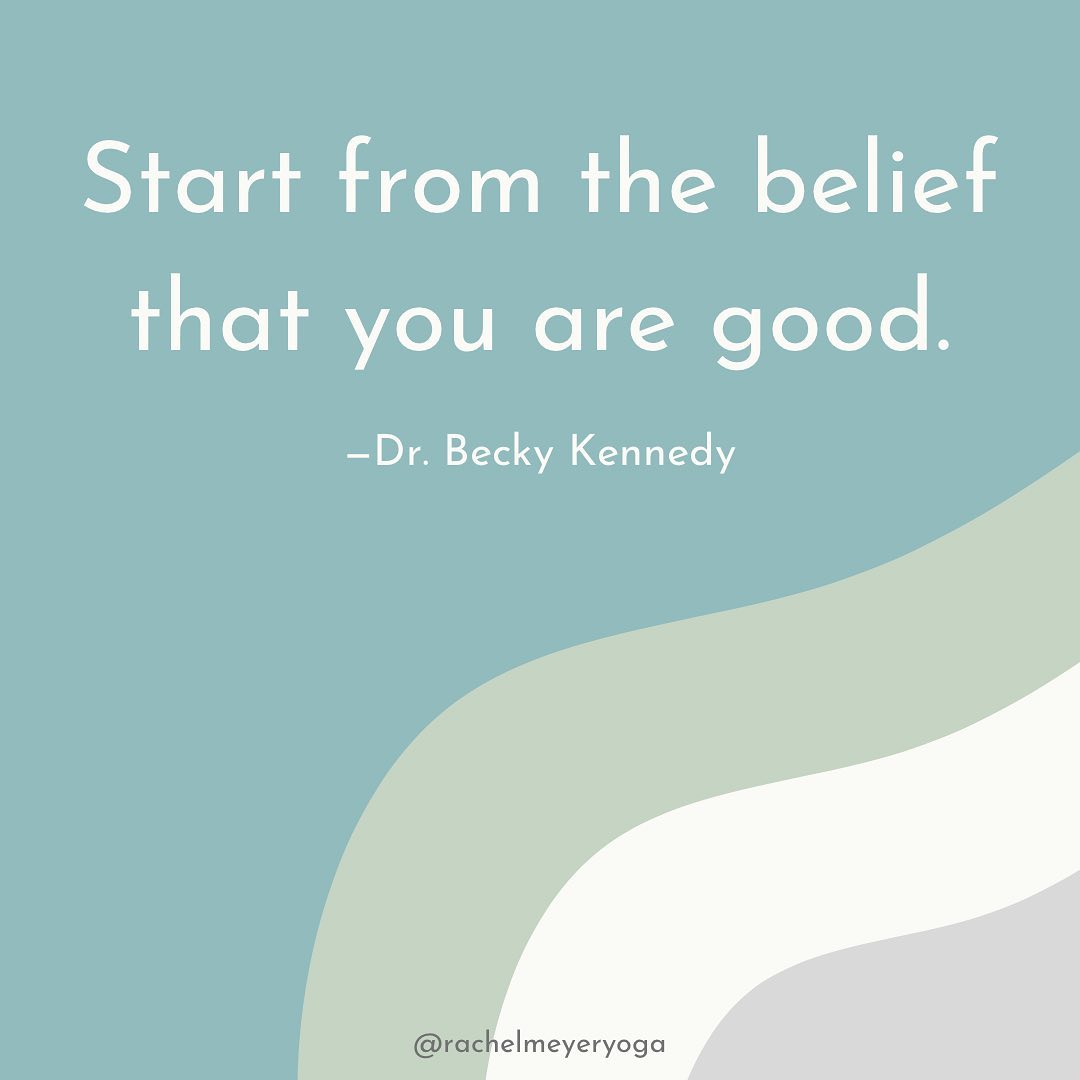There’s a great new series of interviews this week on parenting (and re-parenting ourselves) with clinical psychologist @drbeckyatgoodinside over on Glennon Doyle’s podcast. I listened and nodded my head throughout.
For anyone who’s interested in raising well-adjusted children who don’t have to unlearn toxic theology later on, it’s full of gems.
When you were a little kid growing up in the church, did you learn that you were broken and a sinner? Destined to be separate from God because you kept falling short? Yeah, that’s lots of us. ![]() Hashtag #christianity. Even with very loving and well-intended parents, toxic Christian theology subtly infused the idea that we were naturally depraved, our flesh was sinful, and our desires were not to be trusted.
Hashtag #christianity. Even with very loving and well-intended parents, toxic Christian theology subtly infused the idea that we were naturally depraved, our flesh was sinful, and our desires were not to be trusted.
I love Dr. Becky‘s core emphasis that children are naturally GOOD, and we should treat them as though they are good inside, even when they’re having a hard time (aka what some people like to call “misbehaving” — btw, I hate this word.). The same assumption of goodness goes for you and me, and even that co-worker who drives you mad, or the ex who broke your heart.
This spirit, of course, aligns with the fundamental Buddhist notion of basic goodness. And, as Glennon mentions in the interview, it completely contradicts the Christian notion of original sin many of us church kids have had to unlearn over the years.
Give it a listen. ![]() I’m a big fan of this wholehearted parenting approach and love how it dovetails with Buddhist and yoga philosophy.
I’m a big fan of this wholehearted parenting approach and love how it dovetails with Buddhist and yoga philosophy.
It’s all connected, folks. ![]()

